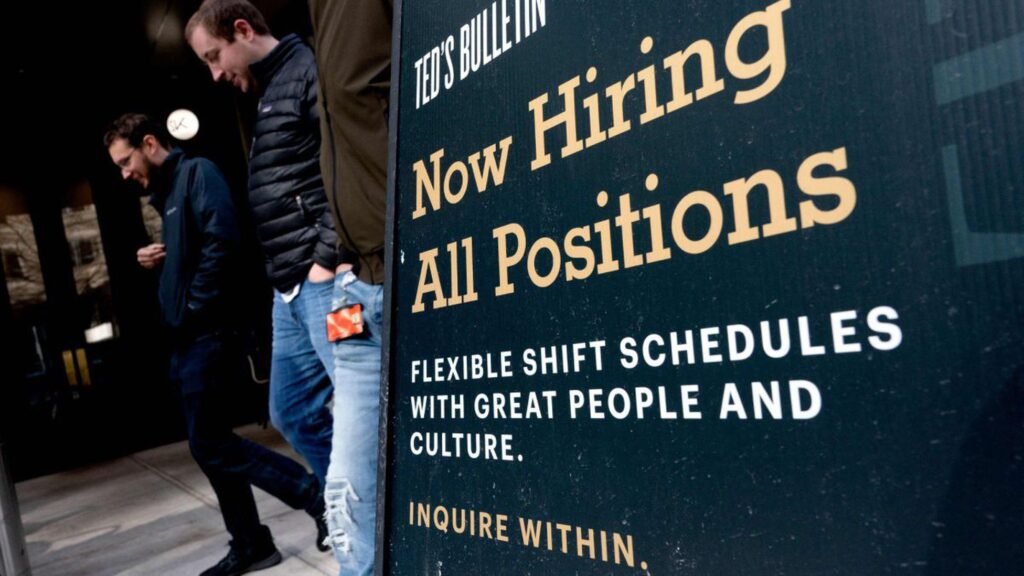The unemployment rate has dropped to a nearly 50-year low in 2022. However, aggressive rate hikes by the Fed are expected to cool the jobs market next year.
The United States experienced its highest level of unemployment since the Great Depression in April 2020 hitting 14.7 percent. The economic stimulus measures implemented by the government helped drive the fastest economic recovery in the nation’s history.
The US began 2022 with an unemployment rate of just 4 percent and it is currently hovering between 3.5 and 3.7 percent. However, next year it is expected that the unemployment rate will again increase as the Federal Reserve maintains its policies to tame inflation.
Federal Reserve predicts higher unemployment in 2023
The disruptions to multiple industries and supply chains created a shortage of goods insufficient to meet growing demand from consumers who had built up savings during the pandemic. The supply and demand imbalance coupled with loose fiscal policy sent prices soaring during 2022 forcing the Federal Reserve to step in and put the brakes on inflation.
While their aggressive rate hikes, which have raised interest rates from near zero percent to a targeted range between 4.25 and 4.5 percent, have slowed inflation they have raised the specter of plunging the US economy into recession. There has been much doom and gloom in markets with each successive rate hike, eight since March. But the latest, half a percent in December, was a slowdown from the previous four consecutive three-quarters of a percentage increases. However, more are expected and interest rates could be above 5 percent next year.
Federal Reserve predicts higher unemployment in 2023
Policymakers’ pivot was based on economic data showing that “the US economy has slowed significantly from last year’s rapid pace.” Yet, Federal Reserve Chairman Jerome Powell cautioned that “despite the slowdown in growth, the labor market remains extremely tight, with the unemployment rate near a 50-year low, job vacancies still very high, and wage growth elevated.”
The continued imbalance in the labor market and price instability “will likely require maintaining a restrictive policy stance for some time” in order to return inflation to the central bank’s target of 2 percent. In the policymakers’ Summary of Economic Projections, the median unemployment rate is projected to increase to 4.6 percent next year.
While unemployment rises the US could avoid a recession
The fed’s rate is only slightly higher than the forecast by The Conference Board at the end of October. The non-partisan think-tank predicts unemployment will hit nearly 4.5 percent with 900,000 jobs being lost in the first quarter of 2023.
Meanwhile, an analysis a month later by Fitch Ratings has the unemployment rate reaching 4.7 percent by the end of next year. Olu Sonola, head of US Regional Economics, sees the economy entering recession territory as the impact of aggressive Fed tightening sets in, buying power of wages lowers due to inflation and the downturn in Europe causes knock-on effects Stateside.
However, not everyone sees a recession as a forgone conclusion. Another economic forecast around the same time from Goldman Sachs recently said that the US will narrowly avoid a recession in 2023. “As inflation fades and unemployment nudges up slightly” there is a good chance that the US will “stick a soft landing next year” according to the bank’s analysts.
More recently, they saw that investors were becoming more confident and are betting on the central bank pulling off a soft landing, avoiding a deep recession.
Source: AS


